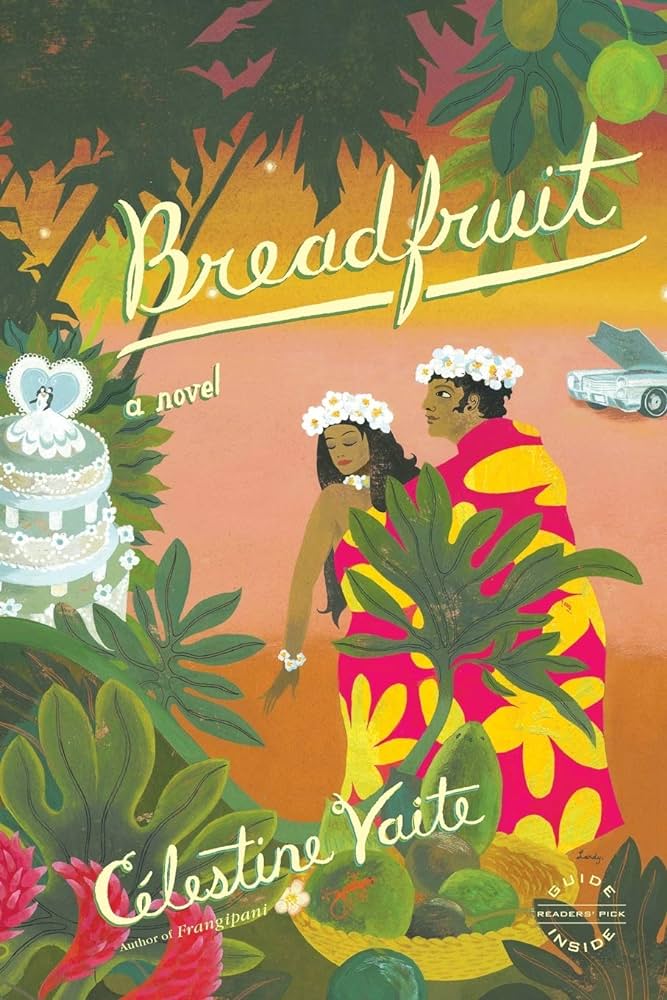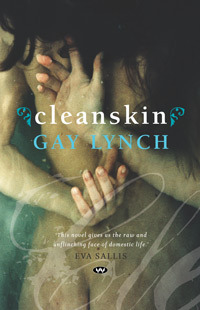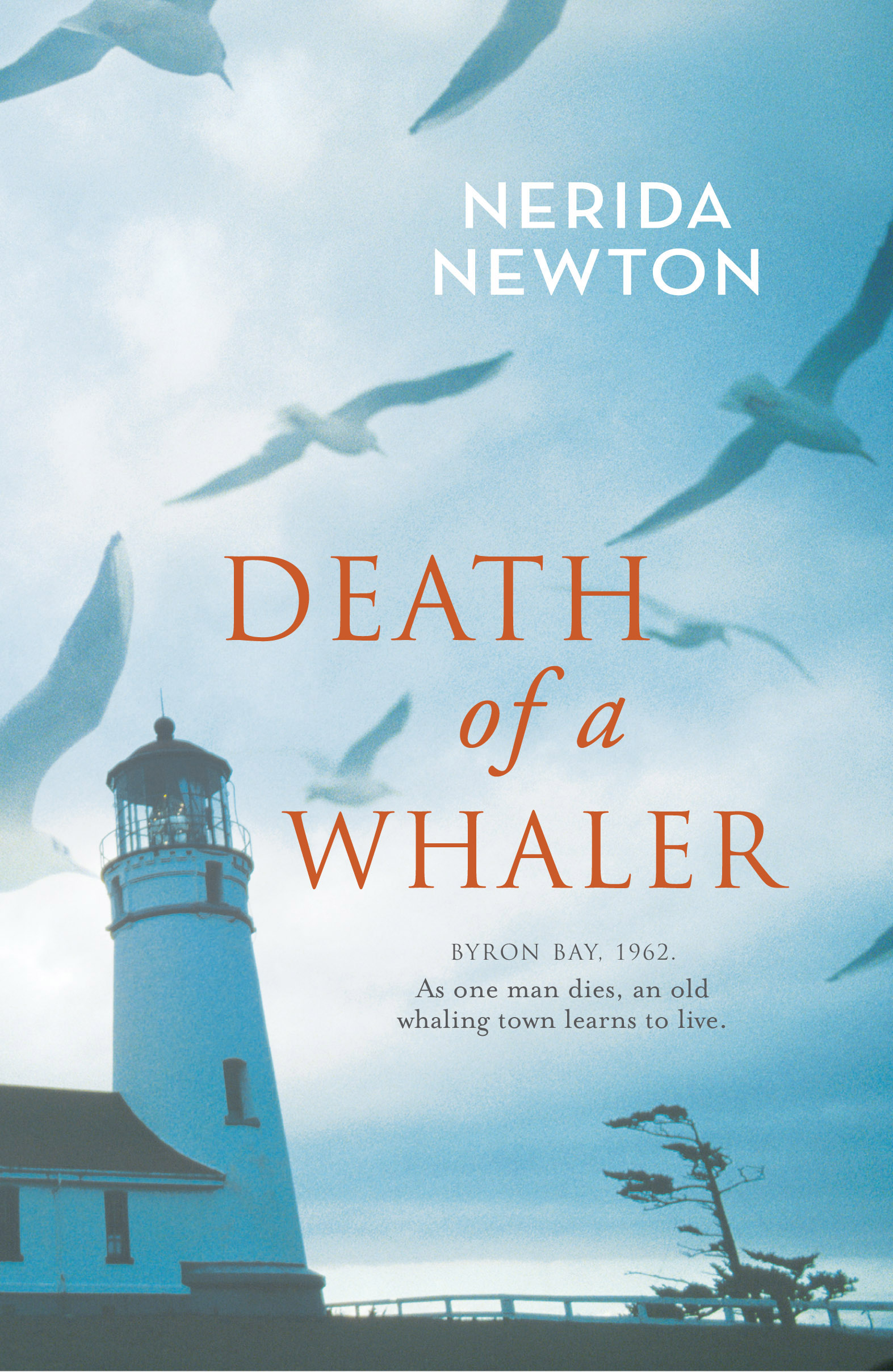Archive
Breadfruit by Célestine Hitiura Vaite & Frangipani by Célestine Hitiura Vaite
The latest batch of Australian picture books contains many good, solid stories, competently told – but definitely nothing out of the ordinary. However, picture books do not necessarily have to deal with new subjects, use complex illustrative techniques or contain gimmicks to be something special. Some of the best picture books are those which simply celebrate the ordinary.
... (read more)Australian television’s golden anniversary roadshow kicked off in September 2005 with the screening of 50 Years, 50 Shows on Channel Nine. Some twelve months were to elapse before the actual anniversary, on 16 September 2006. In 2005, Channel Nine was entering television’s anniversary year and, as the first station to go to air in Australia, determined to present its own history as synonymous with the history of television.
... (read more)Turkish Novelist Orhan Pamuk, aged fifty-four and native of Istanbul, where he has lived nearly all his life, has won the Nobel Prize for Literature. While his initial popularity in Turkey has declined because of the increasing complexity of his work, since the 1990s Pamuk has won increasing international acclaim as his works have been widely translated (Faber is his English publisher). Five novels have been translated: The White Castle (1990), winner of the Independent Award for Foreign Fiction; The Black Book (1994); The New Life (1997), a bestseller in Turkey; My Name Is Red (2001), winner of the IMPAC Dublin Award (2003); and Snow (2004).
... (read more)






